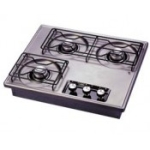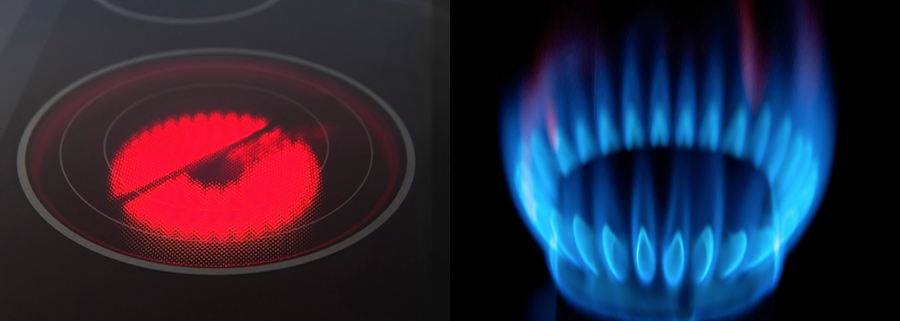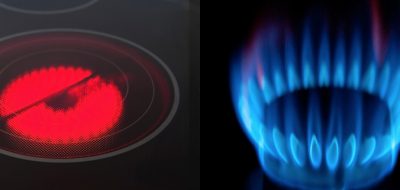 RV electric induction or propane? Which is the best cooking solution for you?
RV electric induction or propane? Which is the best cooking solution for you?
Through the years, propane gas has been the go-to for RV cooking fuel. This worked well, as propane also was used for the hot-water heater as an additional fuel for the refrigerator and for the furnace to heat the interior of the RV. But since then, things have changed. Many motorhomes have been sold as “All Electric.” These are equipped with electric stovetops, residential refrigerators, larger inverters and, of course, additional batteries to handle the increased load. Hot water in the “All electric” rigs was heated by 120-VAC shore power, generator or prime-mover heat exchanger. Continuous hot water and interior heating became an available feature that was powered by a diesel-fired burner.
The consumers rapidly took to the changes of pretty well everything except the stovetops. The electric burners were not as quick to heat up and cook. Gourmet-type cooks far preferred the gas cooktop. Even the casual basic cook found the electric method much slower. In addition, the electric stove required shore power or the use of the onboard generator. With this, it was not surprising that many people opted to have the “all-electric” model, but with a propane stovetop.
In the last couple of years, we have seen induction type stoves being offered. These units are capable of heating whatever you’re cooking quicker than even the gas method. They do, however, require the use of special cookware that employs ferromagnetic properties in the bottom.
Let’s look at the pros and cons of induction and propane stoves in the RV application.
RV Induction
Pro
- 14% less heat energy loss as opposed to gas
- Cool burner surface offer safety advantages
- Easy to clean glass top as it remains cool
Con
- Special cookware required
- Usually only 2 element size in RVs
- Some models not as versatile for simmer modes
- May not be compatible with Pacemakers or similar device users
Propane
Pro
- Infinite flame and heat control
- Common fuel with no need for external AC power
- Ability to heat griddles and all types of cookware
Con
- Propane tank space required
Can’t make up your mind? Why not have both! With an RV equipped with a propane stovetop, you can add a low profile portable table top induction stove like the Pro Portable. Use one or the other, or together. This can increase your current burners from two or three, to three or four, for those special big holiday meals.
Whether you are buying a new RV or adding to your existing unit, this is food for thought.
Peter Mercer — Just Cooking up Some Ideas







Peter Mercer
Ovens in motorhomes are pretty well always convection/microwave type units. This are generally used whether the unit is an all-electric or a propane equipped rig. Thank you for your comment.
Anonymous
I realize this article was just about cook-tops, but the question also pertains to ovens. Usually they use the same form of heat and while a gas cook-top may be the “best,” usually electric ovens are preferable to gas especially for baking. You could get a dual-fuel oven, but those are expensive. So it’s something to take into consideration when purchasing.
Anonymous
I would prefer propane stoves I am still using it in my house as main source of cooking appliance. It is easy to use and we can control heat as we need Its easy for me to use as I have been using for 20 years by now. you have good point above about these stoves. I would go for propane 🙂
Warren Kuhn
If you go to camping or outdoor activities, a propane stove is a need, portable, useful and provide high fire.
But RV Induction is more intelligent than, modern.
Thank for useful reviews 🙂